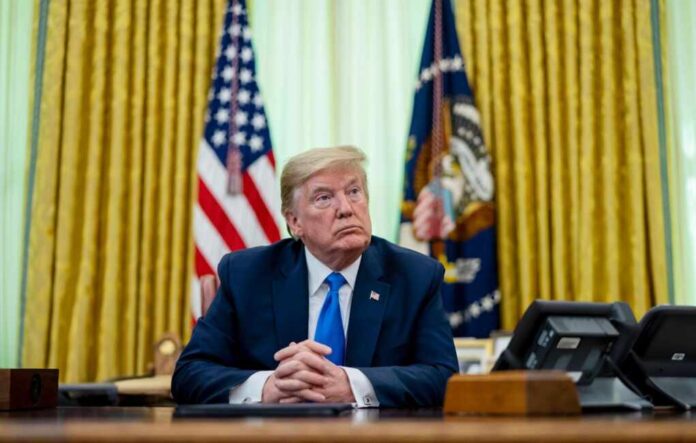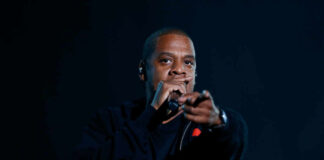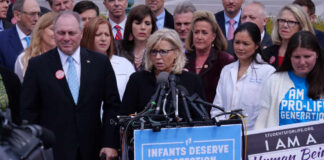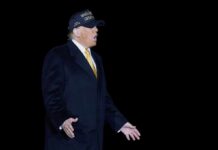
In the wake of the assassination attempt on President Donald Trump at a rally in Butler, Pennsylvania, legacy media outlets are facing sharp criticism for their handling of the event. Critics argue that the media’s response has been characterized by misinformation and a failure to address the root causes of the violent rhetoric.
The attack, carried out by 20-year-old Thomas Matthew Crooks, resulted in the death of Corey Comperatore, a retired fire chief, and injuries to several attendees, including Trump. Despite the gravity of the incident, media coverage quickly focused on criticizing Republican figures rather than examining the broader context of political violence.
On NBC’s “Meet the Press,” Kristen Welker interviewed Sen. Lindsey Graham (R-SC), who highlighted the dangerous political climate. However, Welker’s subsequent focus on the rhetoric of Sen. JD Vance (R-OH) and Rep. Mike Collins (R-GA) deflected attention from the inflammatory language used by Democratic leaders.
ABC’s “This Week” featured George Stephanopoulos and Martha Raddatz discussing the incident. Raddatz dismissed claims that President Biden’s rhetoric contributed to the attack, despite his frequent derogatory remarks about Trump. Critics argue that this narrative ignores the potential impact of such statements on inciting violence.
Former Secret Service agent Dan Bongino criticized the agency’s failure to increase security for Trump, noting that repeated requests for enhanced protection were denied. Bongino highlighted the inadequate response of the Secret Service during the attack, including an officer retreating after encountering Crooks on a rooftop.
Elon Musk, who endorsed Trump following the attack, called for the resignation of Secret Service Director Kimberly Cheatle. Appointed by President Biden, Cheatle has faced scrutiny for prioritizing diversity, equity, and inclusion initiatives over critical security measures.
The FBI continues to investigate Crooks’ motives and background. Despite being a registered Republican, Crooks made a donation to a Democratic political action committee at age 17, raising questions about his true affiliations. Authorities have not found any ties to foreign terrorism.
As the investigation unfolds, the media’s role in shaping public perception and the responsibility of political leaders to temper their rhetoric remain central issues. There is a growing demand for more balanced and responsible reporting to prevent further escalation of political violence.















